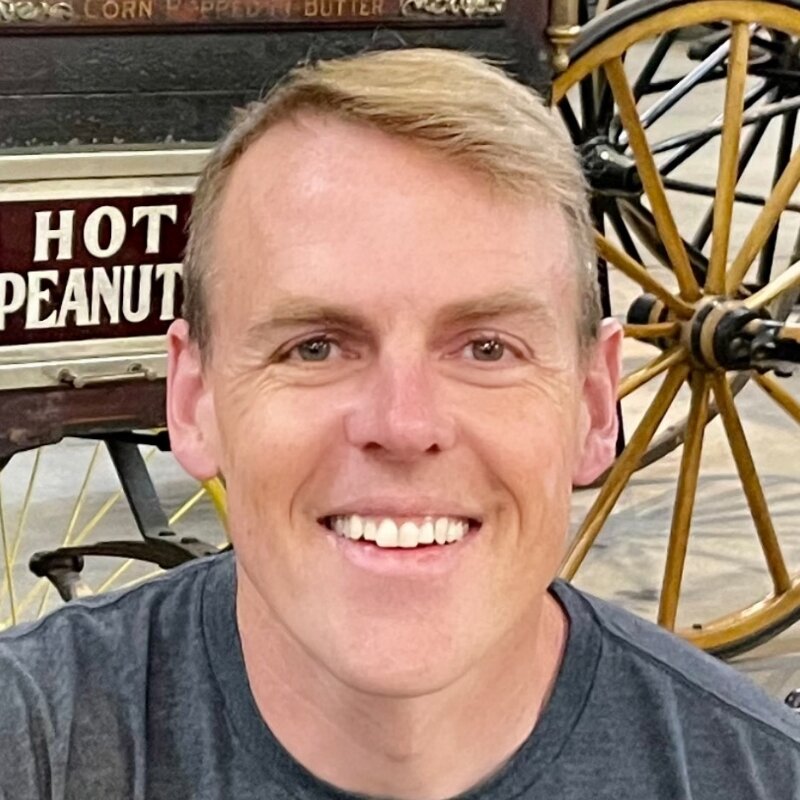Closed captions in English can be accessed in the video player.

Exploring the Potential of Generative AI in Education - VS200

SPEAKERS
-

Educator, Author, Speaker, Ditch That Textbook LLC
-

Principal Product Manager, Adobe
Session Resources
No resources available for this session
Session Resources
ABOUT THE SESSION
Hear how Adobe generative AI solutions are designed to continually evolve, develop, and empower educators and students from kindergarten to university level. Generative AI is expected to have a significant impact on the creativity of students. It has the potential to act as a powerful tool that can inspire and enhance the creative process by generating new and unique ideas. Join Matt Miller, author and educator, and John Nack, principal product manager at Adobe, for this exciting discussion.
In this session, you’ll:
- Learn how Adobe approaches generative AI
- Hear experts discuss how AI affects teaching and learning
- Discover how AI can make learning more personalized and accessible
Technical Level: General Audience
Type: Session
Category: Generative AI
Track: Education
Audience Types: Educator
This content is copyrighted by Adobe Inc. Any recording and posting of this content is strictly prohibited.
By accessing resources linked on this page ("Session Resources"), you agree that 1. Resources are Sample Files per our Terms of Use and 2. you will use Session Resources solely as directed by the applicable speaker.
Inspiring Insights
Short videos to explore even more
Keep the learning going with insights from industry experts. Get hot tips and tricks and best advice in 50+ bonus video — all under five minutes
Not sure which apps are best for you?
Take a minute. We’ll help you figure it out.